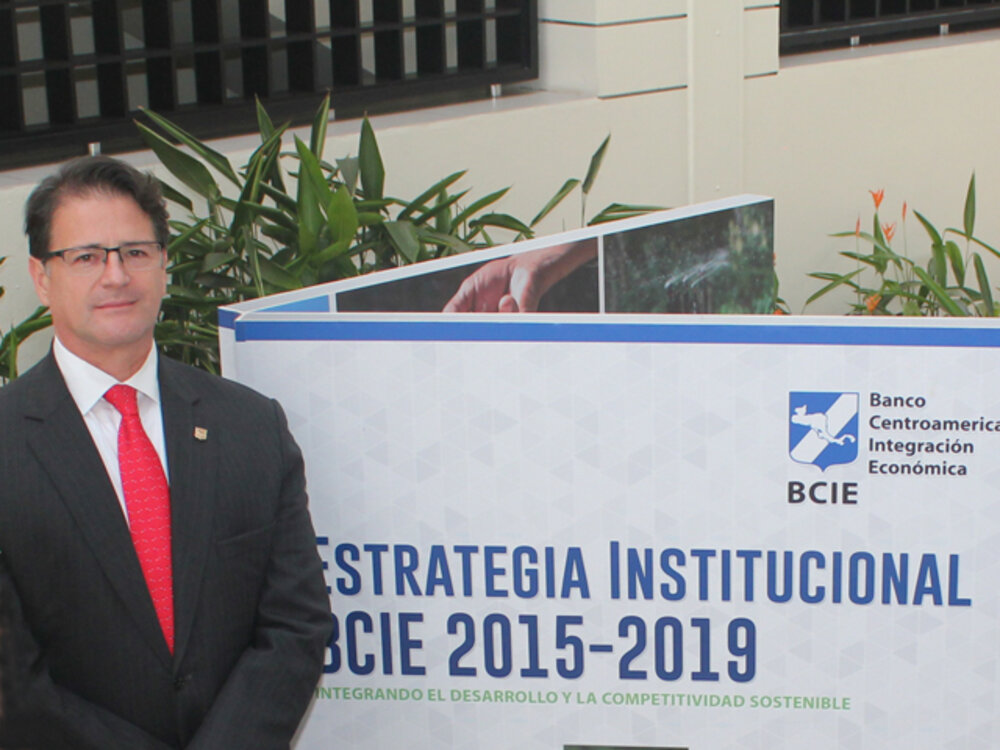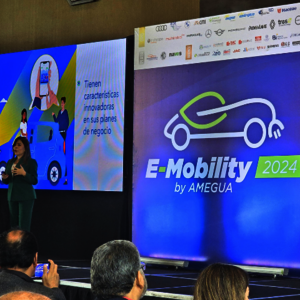CABEI’s Strategic Initiative to support rural development and climate change mitigation in the region

CABEI has a strategic management instrument that seeks to promote programs, projects and initiatives that foster rural development and the environment by offering financial instruments that meet the different needs of the sector in the Bank’s beneficiary countries.
Tegucigalpa, October 13, 2017. - In its role as a multilateral development organization, the Central American Bank for Economic Integration (CABEI) has designed its Sector Intervention Framework for Rural Development and Environment, which establishes the guidelines and technical criteria that will guide the Bank’s attention on these matters.
In order to materialize its support to the beneficiary countries and ensure the implementation of strategic measures in support of the rural agricultural sector and the environmental activities in these countries, CABEI makes available to the public and private sector financial instruments that enable the channeling of resources for the development of related sectors.
CABEI Executive Vice President Attorney Alejandro Rodríguez Zamora, stated that, “This strategic initiative will allow the Bank to be an ally of the Central American countries regarding the provision of financial resources to promote rural and agricultural development, as well as to foster environmental conservation through support for development initiatives that boost integral competitiveness, productive efficiency, resilient infrastructure provision, technological access and the strengthening of human capital.”
According to Attorney Rodriguez, this instrument contemplates an integral approach, identifying the main regional challenges in terms of improving agricultural productivity, creating added value for primary production and developing innovative financial mechanisms for the financing of production, processing and marketing. The instrument also contemplates reducing food insecurity, strengthening agricultural health, accessing new market niches, strengthening technology extension and transfer systems and sustainable resource management (water, soil, forest and biodiversity), as well as fostering logistical development and infrastructure (irrigation, supply centers) that articulate production with the different links of the agrifood system.
The instrument proposes six fields of action: i-Productivity and environmental sustainability of agriculture, livestock, forestry and aquaculture; ii-food security and nutrition; iii-rural productive development; iv-promotion of adaptation and mitigation practices in the face of climate change; v-integrated risk management for natural disasters and vi-afforestation and conservation of the environment, natural resources and environmental services, including integrated risk management of water sources.
In this way, CABEI seeks to positively impact the Central American region through the increase and generation of jobs, increase in production by area of crops, increase in intraregional and international exports, as well as a greater participation of local producers in national markets. Likewise, it seeks to generate an increase in the coverage of areas under irrigation and productive infrastructure, number of sowing cycles per year and promotion of agricultural diversification, among others.
Attorney Rodriguez also said that, “The impulse and approval of this strategic management instrument by CABEI reflects its commitment to the rural sector and to the environment, which are focus areas that occupy a central place in its 2015-2019 Institutional Strategy "Integrating Sustainable Development and Competitiveness."









